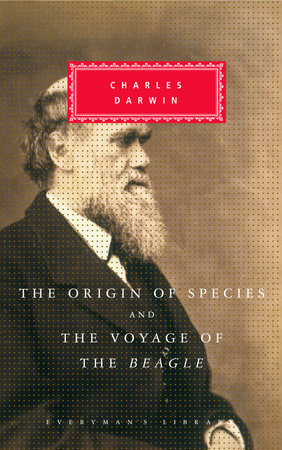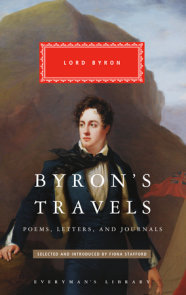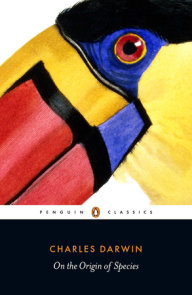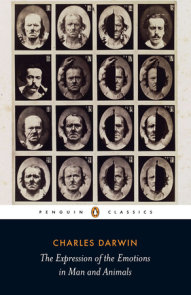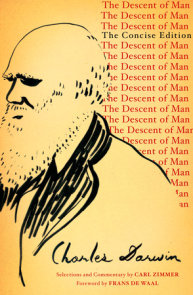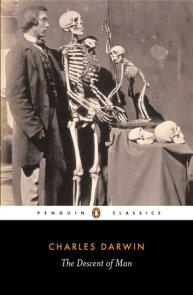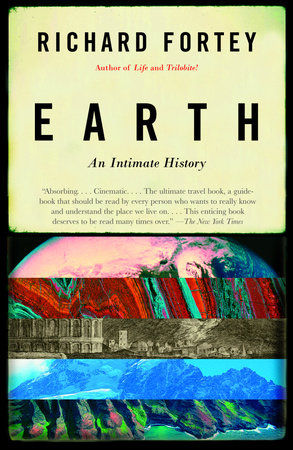

Add to Bookshelf
The Origin of Species and The Voyage of the 'Beagle'
By Charles Darwin
Introduction by Richard Dawkins
By Charles Darwin
Introduction by Richard Dawkins
By Charles Darwin
Introduction by Richard Dawkins
By Charles Darwin
Introduction by Richard Dawkins
Best Seller
Part of Everyman's Library Classics Series
Category: Science & Technology | Classic Nonfiction
Category: Science & Technology | Classic Nonfiction

Hardcover
$40.00
Oct 14, 2003 | ISBN 9781400041275
-
$40.00
Oct 14, 2003 | ISBN 9781400041275
-
Aug 15, 2012 | ISBN 9780307824202
YOU MAY ALSO LIKE
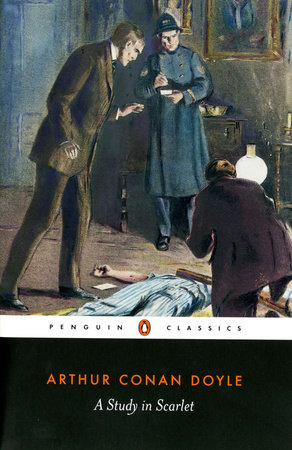
A Study in Scarlet
Paperback
$10.00
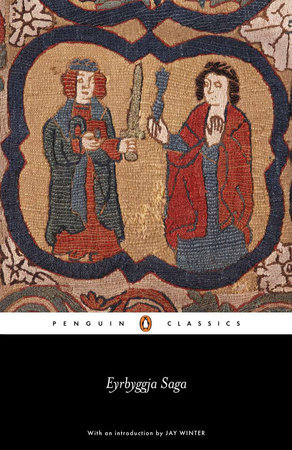
Eyrbyggja Saga
Paperback
$16.00
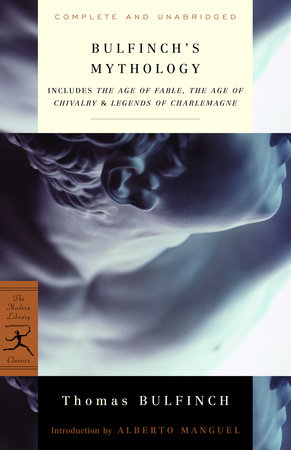
Bulfinch’s Mythology
Paperback
$21.00
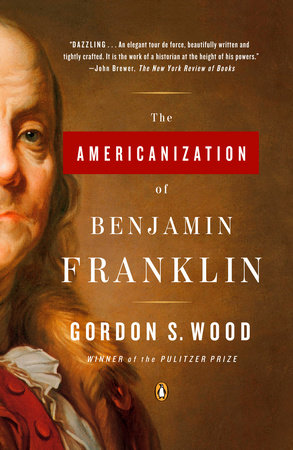
The Americanization of Benjamin Franklin
Paperback
$24.00
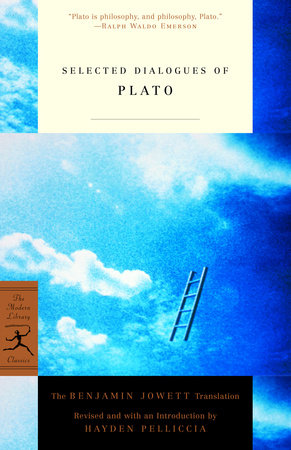
Selected Dialogues of Plato
Paperback
$16.00
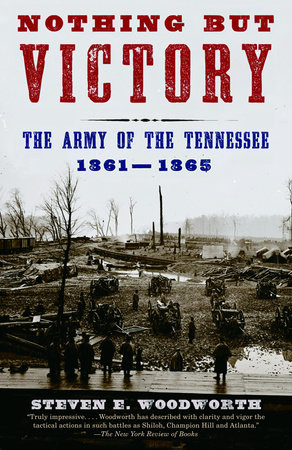
Nothing but Victory
Paperback
$30.00
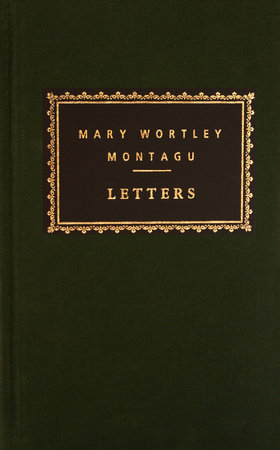
Letters
Ebook
$3.99
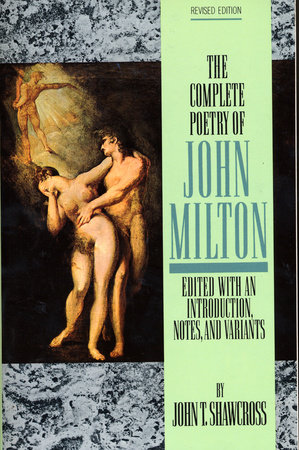
The Complete Poetry of John Milton
Paperback
$23.00
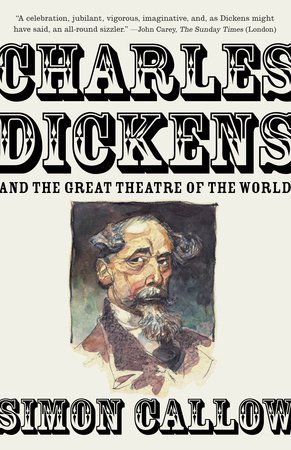
Charles Dickens and the Great Theatre of the World
Paperback
$18.00
×
Become a Member
Just for joining you’ll get personalized recommendations on your dashboard daily and features only for members.
Find Out More Join Now Sign In






